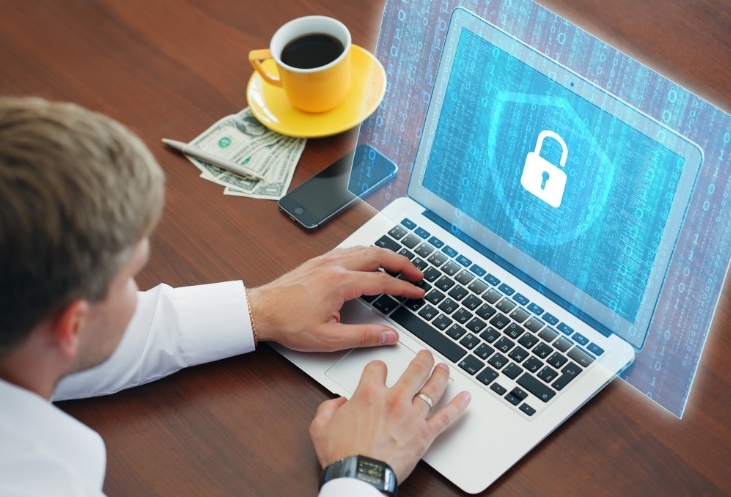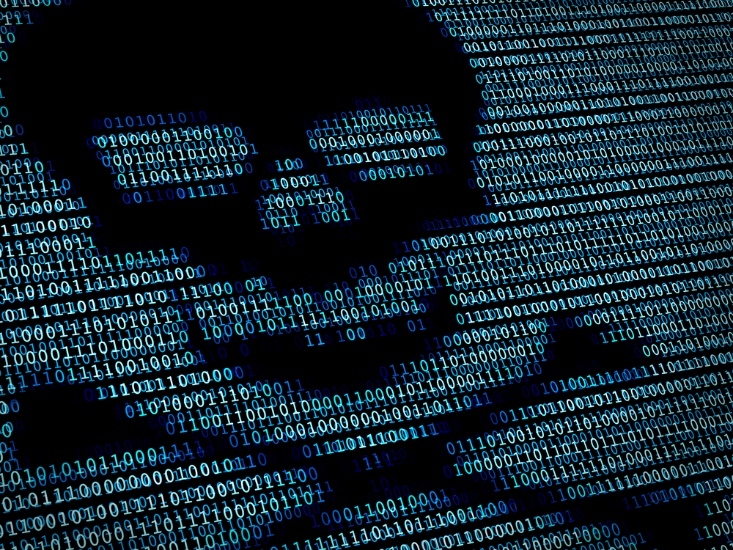How to Protect Yourself From Ransomware Attacks?
Over the last couple of years, there have been increasing numbers of reports of ransomware attacks around the world, with millions of people affected. As such, while online security might be a topic you keep putting off, and decide to do something about it “later,” if you want to keep all your personal information, and your identity, safe, you must take steps to keep hackers at bay. Read on for the lowdown on ransomware and how you can protect yourself most effectively today.
So, What Is Ransomware?
Ransomware is one of the strategies hackers use to make money. They break into systems (which can be owned by individuals, businesses, or government organizations) and then hold the information they find for ransom, by locking owners out.
This data, which is often sensitive, isn’t released until people pay a ransom to the hackers. Unfortunately, sometimes even then cybercriminals don’t return access to the information owners. They might delete information, or make it public anyway.
Utilize Security Software and Firewalls
To protect yourself and your data, one of the most important things to do is utilize security software and firewalls. You will find specific internet security software available which is designed to help prevent ransomware and other digital attacks. While there are free programs on the market, keep in mind that you’re generally best off purchasing a more comprehensive product that covers users across more areas.
Firewalls are also beneficial. Acting as an additional line of defense against cyber criminals, these walls help prevent people from breaking into systems by way of an internet connection. Helpfully, you’ll find many computers already come with built-in firewalls nowadays. However, make sure you check out the settings on your devices, as these firewalls aren’t always activated by the manufacturer.
Use Hard-to-Crack Passwords
Another good way to keep hackers from getting access to your data is to use hard-to-crack passwords across all your gadgets. This includes, of course, your laptops and desktop computers, but also things you might not immediately think about, such as smart-home products and your Wi-Fi router. These can be used by cyber criminals as other avenues to break in. Also make sure you choose proper passwords for the websites, apps, and other portals where you log-in online to access or store personal information.
When it comes to selecting passwords, think of something that’s at least eight characters long, and made up of a mixture of characters. Utilize upper and lower-case letters in your codes, as well as numbers and symbols. Avoid using words or easy-to-guess strings of numbers, too, particularly ones which relate in any way to yourself, your loved ones, or your business. Hackers may find these kinds of details online, especially on company websites or on social media pages, and then use the data to guess your codes and break into your devices.
Update Software Regularly
You will probably see, here and there, notifications popping up on your computer about the latest versions of operating systems or other software as they become available. When this happens, do you go ahead with the updates straight away? If not, you’re putting yourself at risk. It’s important to always have the latest version of software operating on your gadgets because this ensures security holes are plugged.
Be vigilant when it comes to the security software and firewalls you install, as well as all the browsers, plug-ins, apps, and operating systems you use. Passwords also need to be changed regularly (around every two to three months is best) so they’re less likely to be compromised. For peace of mind, it pays to set up software to update automatically, whenever a new version becomes available.
Be Careful Which Emails, Attachments, and Links You Open
Lastly, keep in mind that hackers often gain access to people’s computers through shady emails, attachments, and links. Cybercriminals are well versed in how to send out mail or set up ads and links which look legitimate but which actually contain malicious code which gives them a back door into people’s systems.
To avoid being compromised this way, never open emails or attachments from people you don’t know. As well, read messages clearly to ensure they’re real — at a quick glance, you might think an email is from your bank, telecommunications provider, or other big firm, but if you look closely, you may see it’s just designed to look that way. Keep an eye out for wording that doesn’t sound quite right, or for strange instructions or requests which aren’t the type of thing your actual suppliers would send.
Be wary, too, of links on social media sites and other websites. Many hackers create scandalous article headlines and advertisements which are designed to get attention and clickthroughs. However, once people do click on the links, they end up with a virus or are otherwise be exposed in a way that allows a hacker to get into their network.
- The Last Human Job? Reimagining Work in the Age of Automation - January 25, 2025
- Eye-Catching Thumbnails: A Powerful YouTube Channel Growth Tool - November 26, 2023
- Unlocking the Tech Trick: How to Create Gmail and Google Voice Without a Number - October 21, 2023






